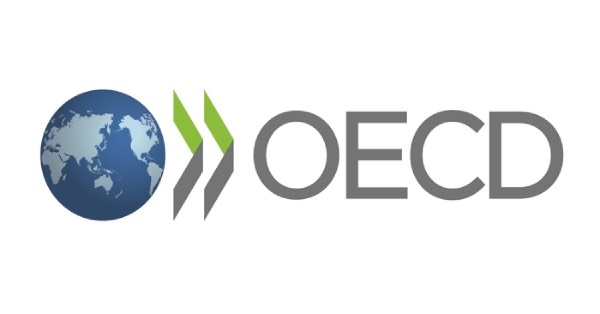Over the past two days, 607 senior government officials and delegates representing 103 countries and jurisdictions and 9 international and other organisations, discussed ways to boost global emissions reductions through improved collaboration at the inaugural meeting of the Inclusive Forum on Carbon Mitigation Approaches IFCMA.
The IFCMA is an initiative designed to help improve the global impact of emissions reduction efforts around the world through data and information sharing, evidence-based mutual learning and inclusive multilateral dialogue. It brings together all relevant policy perspectives from countries around the world, participating on an equal footing basis, to take stock of and consider the effectiveness of different carbon mitigation approaches.
The IFCMA’s 9-10 February inaugural meeting brought together a diverse range of advanced, emerging, and developing economies to shape the initiative and discuss approaches to taking stock of the different carbon mitigation policies in place and considering their combined effect on global emissions. Together, the countries which participated in the inaugural IFCMA meeting account for more than 90% of global GDP and around 85% of global emissions.
“Countries around the world are committed to act on climate change, with more and more of them committing to more ambitious targets. To cater for different national or regional circumstances though, different countries and jurisdictions are pursuing a range of different policy approaches to reduce their emissions. However, to achieve our common global objective of net zero emissions, we need to work together,” OECD Secretary-General Mathias Cormann said. “The IFCMA will facilitate data and information sharing on emissions reduction policies, evidence-based mutual learning and also provide an inclusive platform for multilateral dialogue, designed to help optimise the global impact of individual countries’ efforts to reduce emissions.”
As of 30 January 2023, 133 countries have adopted net-zero carbon emissions targets. Consistent with the principles of the multilateral climate policy architecture as set out in the Paris Agreement, climate change policies are diverse and tailored to national circumstances. The key challenge is to ensure that these individual emissions reduction efforts are globally as effective as possible.
The IFCMA will help policy makers to showcase and discern good practices and adopt and adapt mitigation policies that best suit countries’ objectives and circumstances. High-quality and comparable information generated by the IFCMA can in turn support dialogue in other international settings.
The objective of the IFCMA is to take stock of mitigation policy instruments that countries use to reduce greenhouse gas emissions and estimate the emissions that these instruments relate to, and to develop and apply a consistent methodology to assess the effects of mitigation policies and policy packages on emission reductions at the country level.
The IFCMA’s function will not be to set standards or rank countries. Rather, it will complement other international efforts on climate policy data, including in the context of the United Nations Framework Convention on Climate Change Enhanced Transparency Framework. Its aim is to build on the OECD’s strong track record in providing internationally comparable data and statistics, measurement frameworks and evidence-based analysis, while fostering inclusive multilateral dialogue well beyond the OECD membership. Its work will be carried out in close co-ordination with other international bodies to exploit synergies and avoid duplication.






































